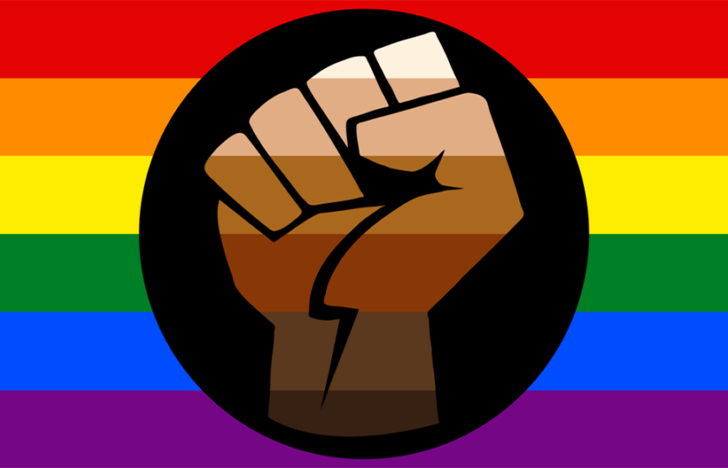We would rather be ruined than changed
We would rather die in our dread
Than climb the cross of the moment
And let our illusions die.
-W. H. Auden, from The Age of Anxiety
We begin therapy because we want to change something. Often therapy is a last resort, when we have been brought to our knees by unbearable symptoms such as depression, anxiety, or grief. We feel stuck in some aspect of our lives and want to get rid of the resulting pain. But change is not merely the decision to do something different; true systemic change is an ongoing cycle of death and rebirth. Only the death of an old attitude or system can allow for the birth of new possibilities. But death and birth are painful and messy processes and we often begin therapy when we can no longer distract ourselves in an attempt to ignore the pain and messiness of it all. Our ego’s need for control is so strong that it takes great suffering to make us surrender to the process – to undergo whatever cycle of death and rebirth our soul’s growth requires of us. When we are stuck and resist change, we inhibit our natural flow and development, and the more our consciousness resists, the more unconscious force is necessary to tip the balance. When these unconscious forces are denied a healthy outlet, they become destructive to ourselves and others. The same relationship between repression and destruction applies to the collective when minority groups are systematically oppressed by society at large.
Gay Pride Month is celebrated in June because of the Stonewall Riots, which began in the early hours of June 28, 1969 in New York’s Greenwich Village. The late 60’s are known for free love and liberated sexuality, yet in 1969 homosexual acts were illegal in every state except Illinois. (These archaic laws weren’t repealed in all 50 states until 2003.) Restaurants and bars could be shut down for having gay employees or even for knowingly serving gay patrons. Most of the gay bars and clubs in New York in the late 60’s, including the Stonewall Inn, were owned by the Mafia, who used the bars as a trap, enabling them to regularly blackmail gay patrons by threatening to out them to their families and employers. Society actively punished, oppressed and shamed members of the LGBTQ community. Psychologically we would call this repression – whatever is unacceptable, overwhelming or challenging to the conscious ego gets imprisoned in the unconscious, swept under the psychic rug. When a vital life force is oppressed and imprisoned, it doesn’t go away, it festers in angry isolation until it becomes strong enough to defend itself. Without relief or acknowledgment of the repressed forces, the conscious in an individual – or the status quo in society – unwittingly forces a situation where the only possible reaction is an explosion. Though raids of gay clubs by police were common, tensions were at a boiling point in 1969 and the New York Police Department raid on the Stonewall Inn sparked six days of protests and violent clashes. This painful process, after hundreds of years of gestation and decades of labor, was the birth of the Gay Rights Movement. The world’s first Pride Parade took place a year later, on June 28, 1970.
As I write this blog, protests, both peaceful and violent, are erupting all over the United States after the tragic death of George Floyd, the most recent example of 400 years of violence against African Americans. The Civil Rights Movement and the Gay Rights Movement are different in many ways, but the psychological analogy of repression is the same. All of us, whether we belong to a minority community or not, must navigate life’s journey collectively and individually. If we do not deal with our personal unconscious material, if we are not responsible enough to fight our own demons, our unresolved conflicts will bleed out into our families and communities. One of the many lessons of Coronavirus is that in our globalized world, our community, ultimately, is all of humanity. If we have the courage to see, accept, and thereby potentially transform the painful realities that require us to change, then we can become healthier individuals and build a healthier society.
Not everything that is faced can be changed, but nothing can be changed until it is faced.
-James Baldwin

